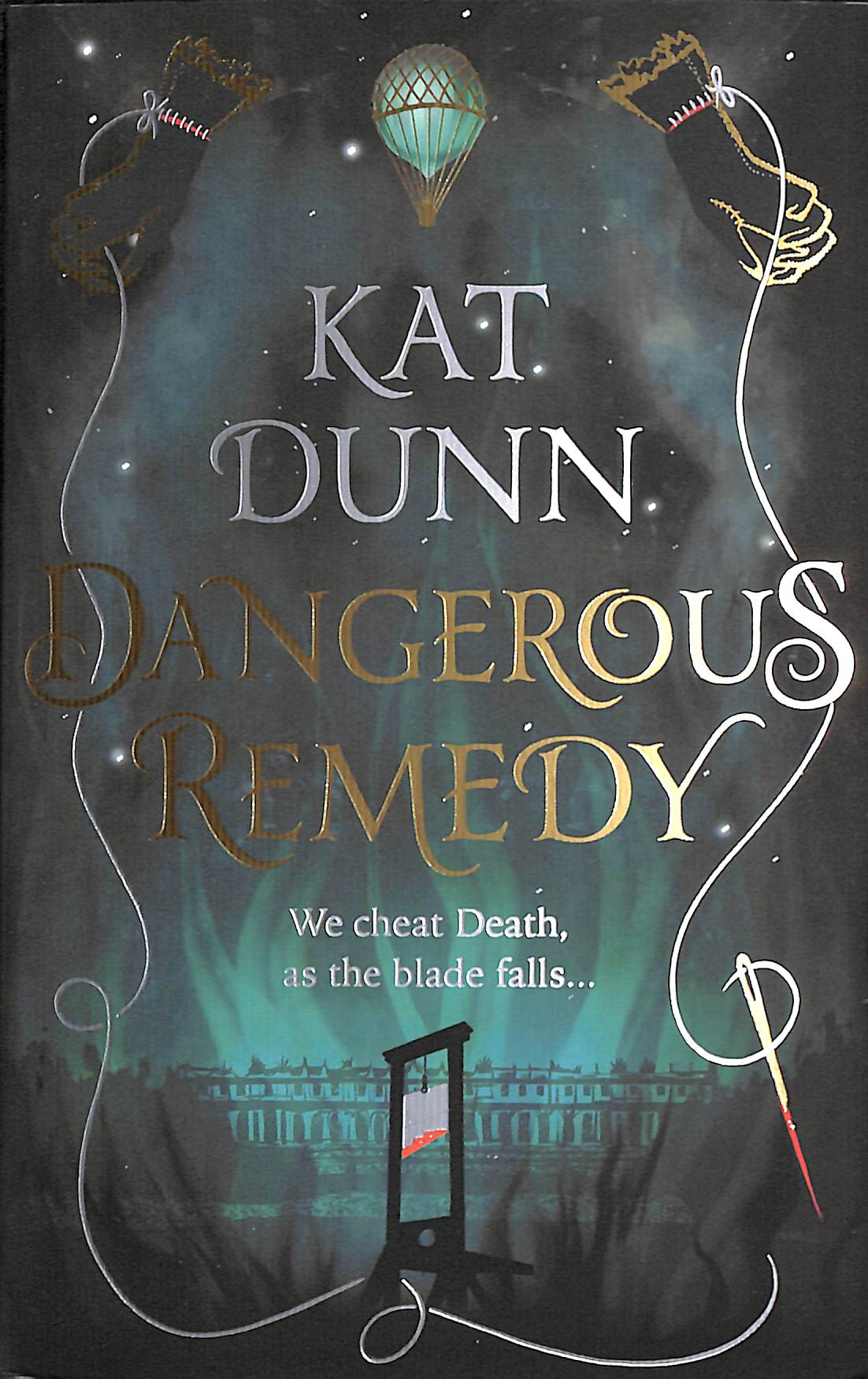
Yet the Army's faith in the $6,000-a-dose drug is based almost entirely on anecdotal evidence and persists despite public warnings and published research suggesting that Factor VII is not as effective or as safe as military officials say.ĭoctors and researchers at civilian hospitals, including major medical centers such as Johns Hopkins and Massachusetts General Hospital, have largely rejected it as a standard treatment for trauma patients. "It's one of the most useful new tools we have." Holcomb, an Army trauma surgeon and the service's top adviser on combat medical care. They have posted guidelines at military field hospitals encouraging its liberal use in casualties with severe bleeding, and doctors in Iraq routinely inject it into patients upon the mere anticipation of deadly bleeding to come. Army medical command considers Factor VII to be a medical breakthrough in the war, giving frontline physicians a powerful new means of controlling bleeding that can only be treated otherwise with surgery and transfusions. Its researchers published a study in January blaming 43 deaths on clots that developed after injections of Factor VII.

In a warning last December, the Food and Drug Administration said that giving it to patients with normal blood could cause strokes and heart attacks. for treating only rare forms of hemophilia affecting about 2,700 Americans. American military doctors in Iraq have injected more than 1,000 of the war's wounded troops with a potent and largely experimental blood-coagulating drug despite mounting medical evidence linking it to deadly blood clots that lodge in the lungs, heart and brain.The drug, called Recombinant Activated Factor VII, is approved in the U.S.


 0 kommentar(er)
0 kommentar(er)
